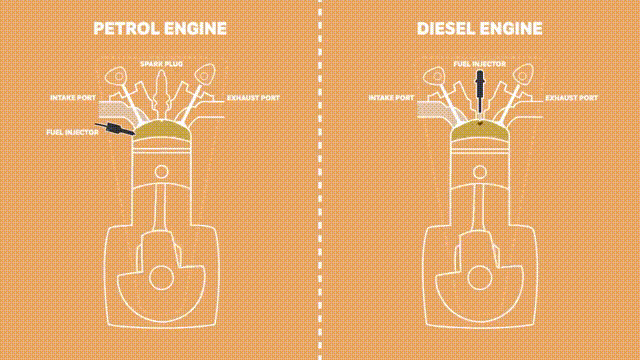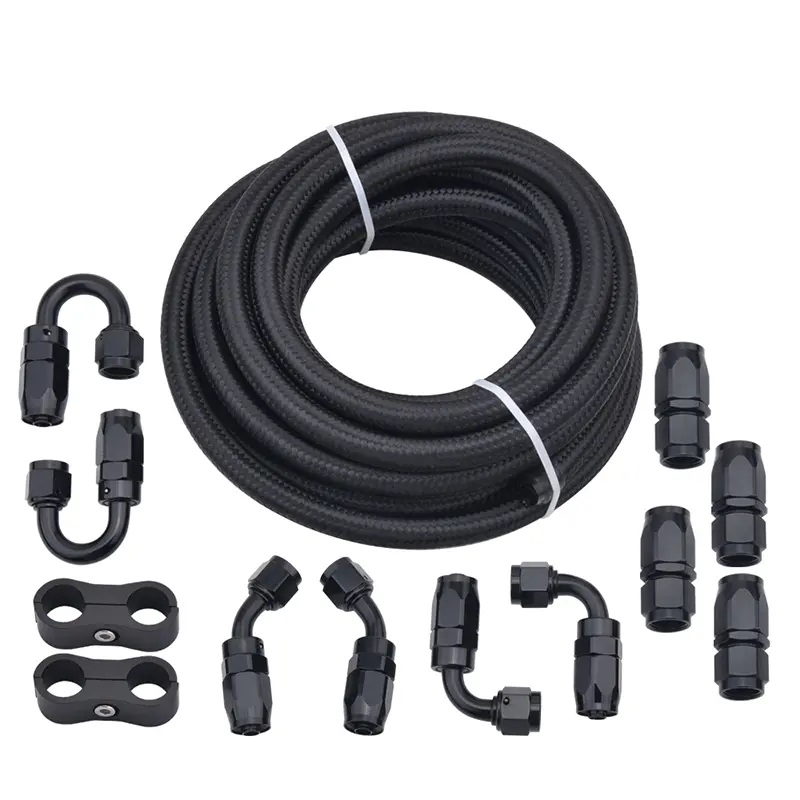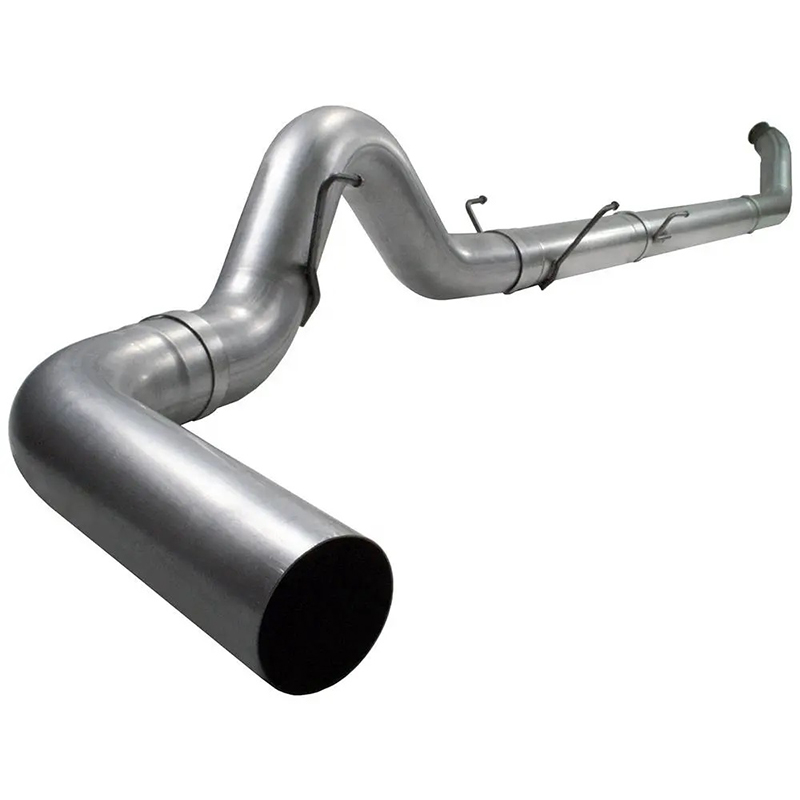What are the key differences between diesel and gasoline engines?
What are the key differences between diesel and gasoline engines?
Diesel and gasoline engines have several key differences in terms of their fuel, combustion process, efficiency, and design. Here are some of the main distinctions:
Fuel: Diesel engines use diesel fuel, which is less refined and has a higher energy density than gasoline. Gasoline engines, on the other hand, utilize gasoline as their fuel.
Ignition: In a gasoline engine, a spark plug ignites the fuel-air mixture, whereas a diesel engine operates on the principle of compression ignition, where the heat generated by compressing the air in the cylinder ignites the fuel.
Compression Ratio: Diesel engines have higher compression ratios than gasoline engines. This means that the air-fuel mixture in a diesel engine is compressed to a much greater extent before combustion occurs, leading to increased efficiency.
Efficiency: Diesel engines are generally more fuel-efficient than gasoline engines. They extract more energy from each unit of fuel due to their higher compression ratios and the inherent energy density of diesel fuel.
Torque and Power: Diesel engines are known for their high torque output, making them suitable for applications that require heavy towing or hauling. Gasoline engines tend to produce higher peak power output, which is advantageous in applications requiring quick acceleration.
Emissions: Gasoline engines produce higher levels of carbon monoxide (CO), hydrocarbons (HC), and nitrogen oxides (NOx) compared to diesel engines. However, diesel engines typically emit more particulate matter (PM) and nitrogen dioxide (NO2).
Cost: In general, diesel engines and their fuel tend to be more expensive than their gasoline counterparts. However, this can vary depending on factors such as location and market conditions.
It’s worth noting that engine technologies are continually evolving, and there are variations within each engine type. For example, modern gasoline engines may incorporate technologies like direct fuel injection and turbocharging to improve efficiency, while diesel engines may integrate exhaust aftertreatment systems to reduce emissions.


